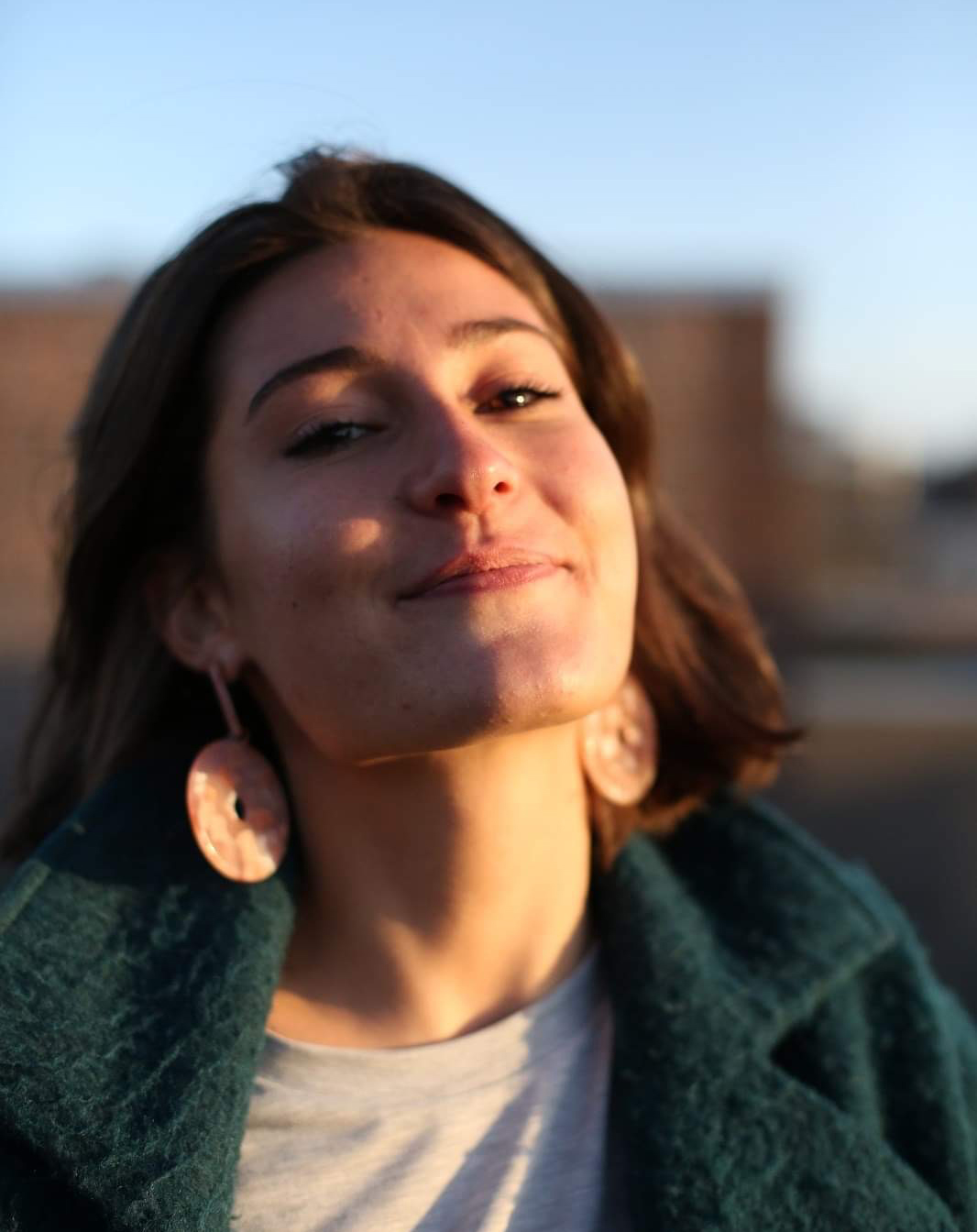New Learnings for New Horizons: Internship Stories from COPE
Juliette Nicolaï is a recent graduate with a master’s degree in Global Health from the University of Copenhagen with a keen interest in the humanitarian field which motivated her to pursue a specialisation in Disaster Risk Management. Here, Juliette shares her experiences of her internship at The Copenhagen Centre for Disaster Research (COPE) on the LINKS project.
Tell us more about your work on the LINKS project

In the last semester of my studies, I conducted a part-time internship with COPE during which I assisted on the EU Horizon 2020 research project LINKS— Strengthening links between technologies and society for European disaster resilience.
The LINKS project explores how social media and crowdsourcing (SMCS) impact disaster governance efforts across various disaster scenarios, and strives to produce a framework for effective use of SMCS in disaster risk management. I contributed to a project deliverable which set out to provide a methodology to be applied across 5 different cases and finally influence the framework development in the project. I assessed and reflected upon the methodologies used in the existing academic literature on SMCS in disaster management processes.
The project has different case-assessment teams who will carry out fieldwork in the LINKS project in 4 European countries. I analysed the local concerns and needs expressed by each of these case-assessment teams (which includes researchers and practitioners) in relation to a tool called The Resilience Wheel, developed by COPE researchers in the LINKS project. Moreover, I designed and conducted a small case-study to investigate the perceptions of French expatriates on the disaster risk in Copenhagen and its related communication.
What were your learnings during this process?
My internship with COPE provided me with hands-on experience with large-scale project ideation and execution. I gained insight into coordination procedures and accountability mechanisms involved in carrying out an EU-funded project with 15 participating organisations. From a research perspective, I gained experience in critically evaluating research methodologies and about the latest developments in the use of new technologies in disaster management practices. I also learned about the processes involved in bringing research closer to practice, i.e. building a state-of-the-art review and then to develop a practical tool. I had the opportunity to meet different types of practitioners working in risk prevention and disaster risk management in different contexts and hazard areas, and hear about their experiences and perspectives on key challenges and good practices. Further, I also acquired technical skills throughout this experience. For instance, I learned to use the qualitative data analysis software- Nvivo12, which turned out helpful for my dissertation project. I also became familiar with tools such as SharePoint, Teams and OneDrive, which I have to use daily in my current job.
Tell us about your new position
I am currently working as an intern for the UN Migration Agency (IOM) Regional Office for South Eastern and Eastern Europe and Central Asia, located in Vienna, Austria. My role is to assist the Migration and Health Division with knowledge management and capacity-development activities. At the moment, my team is supporting capacity-development projects in countries bordering Afghanistan to enhance their preparedness and response capacities in the event of increased refugee flows.
The COPE team wishes Juliette all the very best in her endeavors.
 |
The LINKS project has received funding from the EU H2020 Programme under Grant Agreement No. 883490
Responsibility of this publication lies entirely with the author(s).
The European Commission (EC) is not responsible for any use that may be made of the information contained therein.
|
